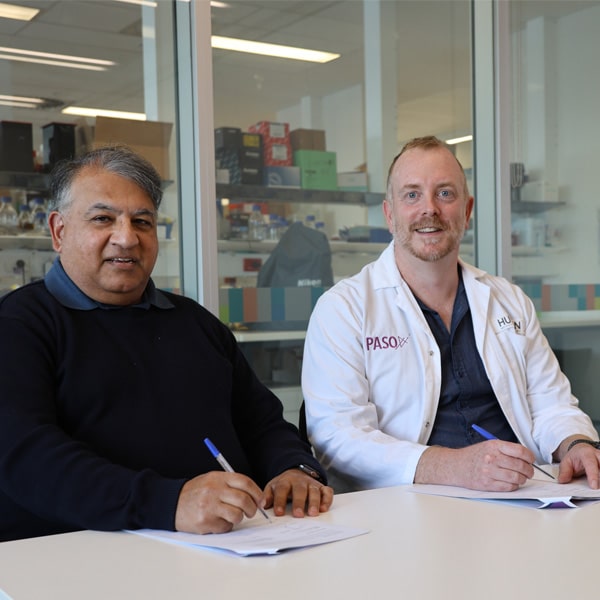A significant step-up to Australia’s national response to the Coronavirus COVID-19 pandemic has been endorsed by the National Cabinet, comprising the Prime Minister, State Premiers and Territory Chief Ministers.
Based on the advice of the Australian Health Protection Principal Committee (AHPPC), the National Cabinet agreed that our core objective now is to slow the outbreak of COVID-19 in Australia by taking additional steps to reduce community transmission. We must ensure our health system can care for the most vulnerable, in particular the elderly and those with pre-existing conditions.
To help stay ahead of the curve, the Australian Government has imposed a universal precautionary self-isolation requirement on all international arrivals, effective as at 11:59pm Sunday 15 March 2020.
This means that all people – whether they be citizens, residents or visitors – will be required to self-isolate for 14 days upon arrival in Australia. Enhanced screening for arrivals will remain in place to identify anyone arriving sick or with symptoms of COVID-19.
Arrangements will be made for passengers transiting through Australia to the Pacific Island countries or transiting after arriving off of cruise ships. Limited exemptions will apply for flight crews, who will be expected to monitor their health and practice social distancing while they are in Australia.
The Australian Government has also banned cruise ships from foreign ports (including round trip international cruises originating in Australia) from arriving at Australian ports for an initial 30 days, effective as at 11:59pm Sunday 15 March 2020.
This restriction will help avoid the risk of a cruise ship arriving with a mass outbreak of the virus and putting significant pressure on our health system.
Arrangements will be made for certain cruise ships already in transit to enable Australian citizens and permanent residents to get off those ships.
The National Cabinet also endorsed the advice of the AHPPC to further introduce social distancing measures. This includes the requirement that non-essential, organised public gatherings of more than 500 people should not occur.
At this stage, these measures do not include schools, universities and workplaces, or prevent the operation of public transport. However, the principle of social distancing should still apply in these settings. For example, assemblies and lectures housing more than 500 students in schools and universities should be avoided.
Specifically the National Cabinet agreed that there is no requirement for schools to close at this time.
Further advice on these requirements is available at: https://www.health.gov.au/committees-and-groups/australian-health-protection-principal-committee-ahppc
The National Cabinet also activated the second stage of the Australian Health Sector Emergency Response Plan for Novel Coronavirus, which enables governments to undertake targeted action to the COVID-19 outbreak and ensures that resources are properly allocated where needed and the risks to vulnerable people in the community are mitigated.
These actions include changes to intensive care unit configurations, social isolation, fever clinics and restrictions on mass gatherings.
The National Cabinet will meet again this week to consider further advice from the AHPPC on events held indoors and in other closed spaced environments and further advice on actions to further protect aged care facilities.
All the actions we are putting in place are based on advice from Australia’s leading medical experts and are designed to protect Australia.







